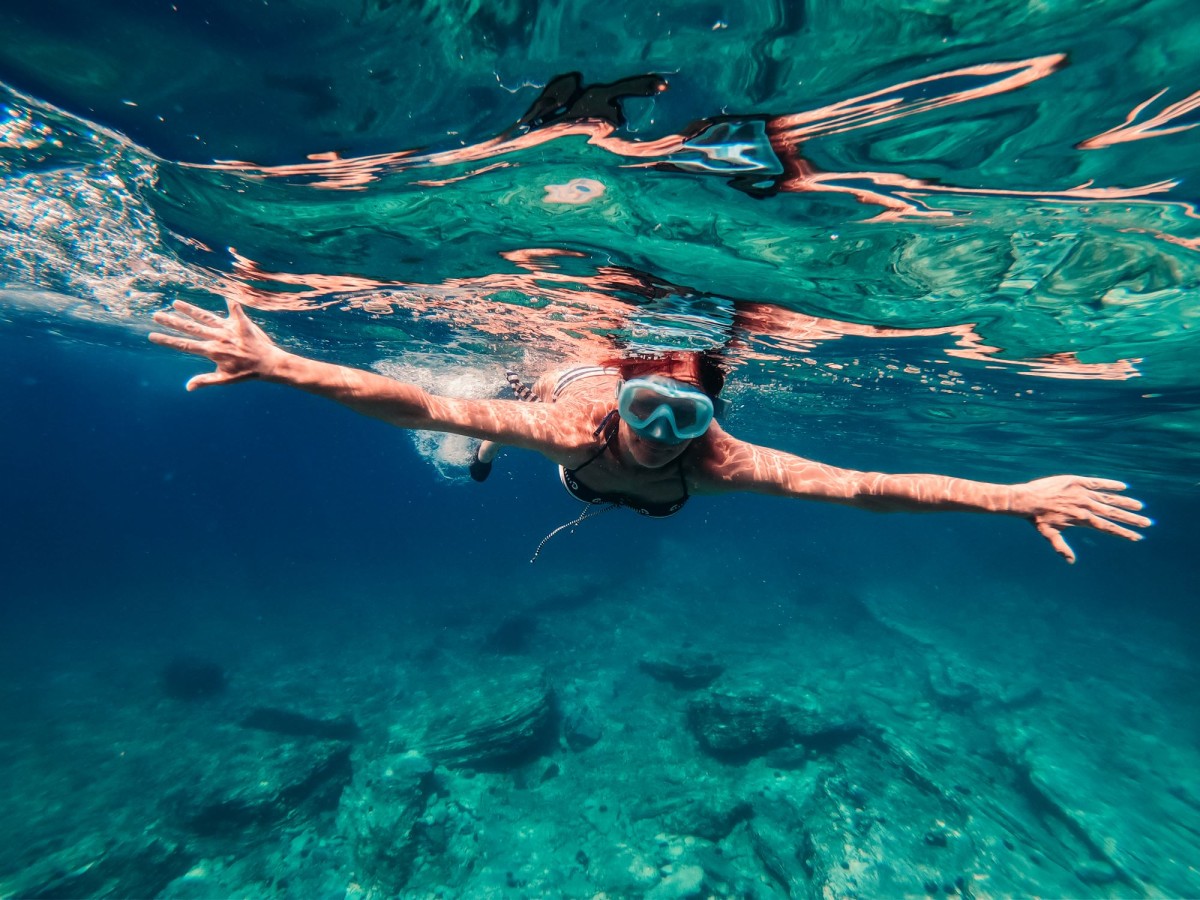
There are many tourists in Thailand who like diving activities because as you know, many tourist attractions have diving activities to support tourists, which come in many forms.
For those who love snorkeling activities, the must-do for water conservation tourism should be essential equipment: a snorkel mask with a snorkel. Once put on the gear, float on the water surface and head down to see the corals and other creatures underwater. This method is quite simple and almost harmless. You can dive to see the beauty under the sea by yourself. In addition to the mask and snorkel, you should also wear a life jacket to stay afloat in the water for a long time. In snorkeling, you can use fins or not because there is a life jacket to help support yourself. Fins may help you swim faster, but if you’re not used to them or don’t use them regularly, they can cause cramps. In addition, the fins may cause the coral to break or collapse and float up and fall over causing the coral to die. When using fins, you must be as careful as possible.

However, it is advised to use weighted lead as little as possible to prevent sinking into the coral reef. You should also try to swim flat as much as possible, keep your eyes forward or downward, avoid swimming too close to the coral reef to avoid having your body hit it by strong currents, and avoid somersaulting or turning over because the air tank may strike the coral unintentionally, control the use of fins, be careful not to touch the coral reef, avoid diving down to the ground. In the case of inexperienced people, should slowly climb down the anchor line, keep the equipment that is the rigging line in order because it always hooks up to the coral, do not collect anything from the sea, whether it is coral or coralline, do not stand resting on the coral and touch the coral reef, do not touch or touch any aquatic animal, do not chase and observe from a considerable distance, especially large animals such as manta rays or whale sharks, as this will cause them to become frightened and may refuse to approach divers again. If you find garbage under the sea, please collect it in the trash on the boat or at the shore, mooring the boat with the mooring buoy of the national park or the area designated by the national park.
Source: Department of National Parks, Wildlife and Plant Conservation
Tel: +66 2561 - 0777